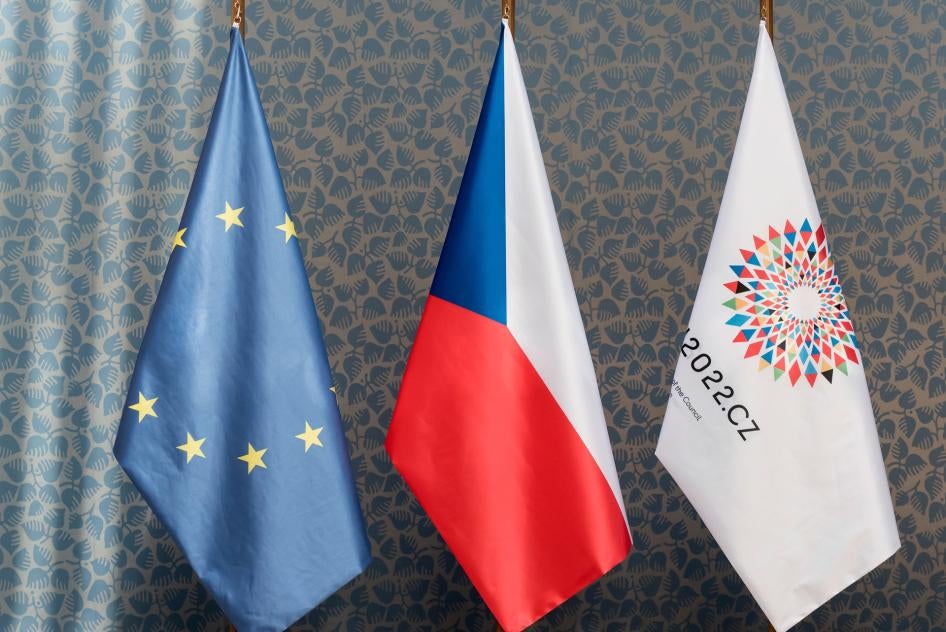As the Czech Republic takes over the rotating presidency of the Council of the European Union on July 1, respect for the rule of law within the Union should be a top priority.
Since 2017, nine different presidencies have overseen rule of law discussions, which came to the fore in 2017 and 2018 when the Treaty on European Union “Article 7” procedure was triggered against Poland and Hungary, respectively, for persistent breaches of core European Union values including the rule of law. This procedure is intended to hold EU states accountable to those core values.
However, since being triggered little progress has been made. The Czech presidency should ensure the Article 7 process, which could lead to the suspension of EU voting rights over serious breaches of EU values, isn’t undermined.
Recently, in a contested move, European Commission President Ursula von der Leyen gave the green light to Poland’s recovery and resilience plan, a step that had been withheld because of ongoing rule of law concerns. The approval is conditional on the attainment of three milestones related to the independence of the judiciary, but these represent only a small fraction of the rule of law concerns in Poland, including those set out in judgments of the European Court of Justice.
In Hungary, newly reelected Prime Minister Viktor Orbán immediately enacted a new “state of danger” in April 2022, giving his government sweeping powers to rule by decree. This was among the concerns raised in the Article 7 hearing on Hungary in May 2022. But while a record number of member states asked questions, there was no concrete outcome.
The Czech Presidency should map out an effective way forward that sets benchmarks and holds member states to account. This should include:
-
- Article 7(1) hearings on both countries with a view to adopting time-bound, specific recommendations which could be sequenced on different themes.
- Follow-up on Hungary on the newly triggered Rule of Law Conditionality Mechanism and on Poland on the attainment of the Commission’s milestones.
- Concrete action to address the findings of the European Commission’s annual Rule of Law report, due for publication in mid-July, which for the first time will include recommendations.
Alongside these specific steps, the Czech Presidency should remain attentive to rule of law backsliding in other member states and not hesitate to call out violations.









